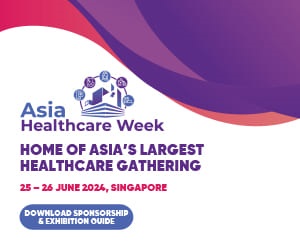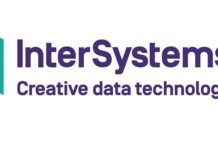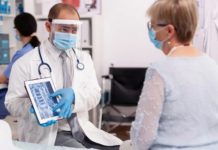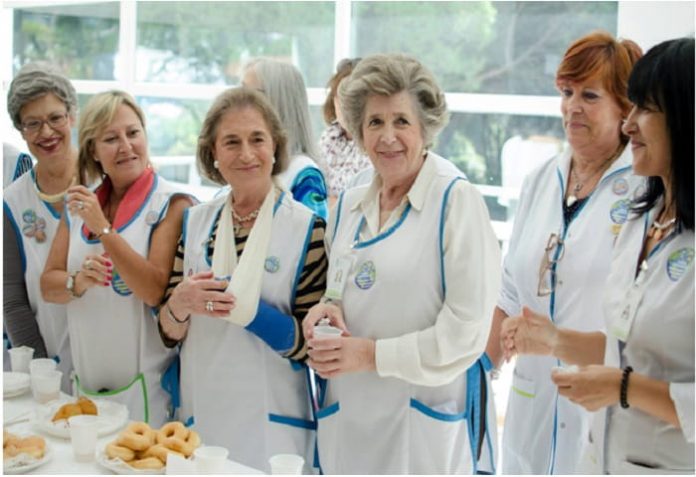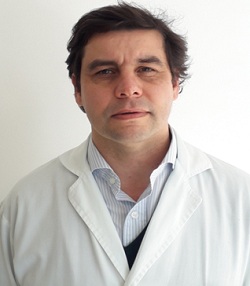In Europe, effective cancer treatment is provided in specialized centers, which are focused on increasing survival rates. Fortunately, survival rates are indeed rising and now this increased number of cancer survivors require that more attention be paid to questions related to their quality of life. Breast cancer is the most common type of cancer in women and, when diagnosed early, survival rates can be high, with 10-year and even 15-year rates reaching around 80%.
As an Oncologist, I have been adapting to this rapid evolution and I realize how valuable the input provided by educated patient advocates can be.
I have observed how important oncoplastic treatments can be to the quality of life of these women, and how the quality of the surgery determines their overall wellbeing.
Cancer centers are so focused on the efficacity of treatments that aesthetic aspects may play a secondary role and, at times, are almost entirely neglected.
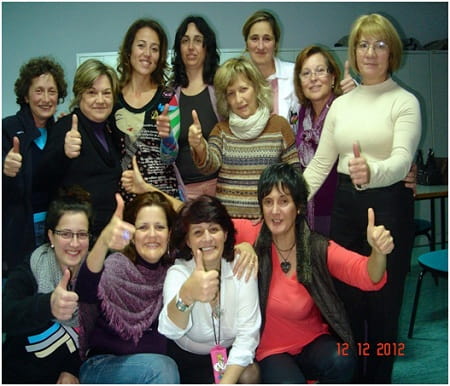
During my practice, I have observed very different results for oncoplastic breast surgery and the impact of these procedures on the psychological wellbeing of patients is, of course, significant.
Therefore, in my opinion, the European National Health Services should be prepared to allow any breast cancer patient to seek a second opinion with respect to breast surgery. When necessary, corrective surgeries should also be provided without extra-cost for the patients.
The benefits for the patient are obvious.
The advantages for Cancer Centers are also clear. When asking for a second opinion, a patient will probably seek another institution, thus testing the quality of the National Health System. The patient’s feedback should be registered and used in the detection of problems and implementation of improvements.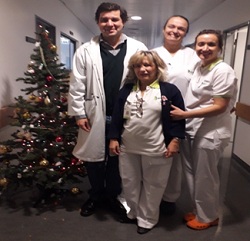
It could be the case that some Centers do not have adequate conditions to undertake oncoplastic surgery, or perhaps that the surgeons of a given Center may need more training. Once discovered, issues like these can then be easily solved.
The organization of the networks of National Health Systems facilitates the mobility of medical doctors, as well as the exchange of experience and training opportunities. A desire for change can be expected on the part of medical personnel. It is likely that a very positive impact on the quality of breast cancer care could be obtained with the mobilization of relatively few resources.
In short, a good result of oncoplastic surgery is of major importance for the wellbeing of patients. Advocating for the right of the patient to a second opinion on breast surgery will also provide valuable input for healthcare decision-making, driving National Health Systems to evolve towards better cancer care.
With this opinion article, we hope to encourage change in the World, and particularly in Europe,in order to achieve an improvement in breast cancer treatment. It is a call for action for National Health Systems.






